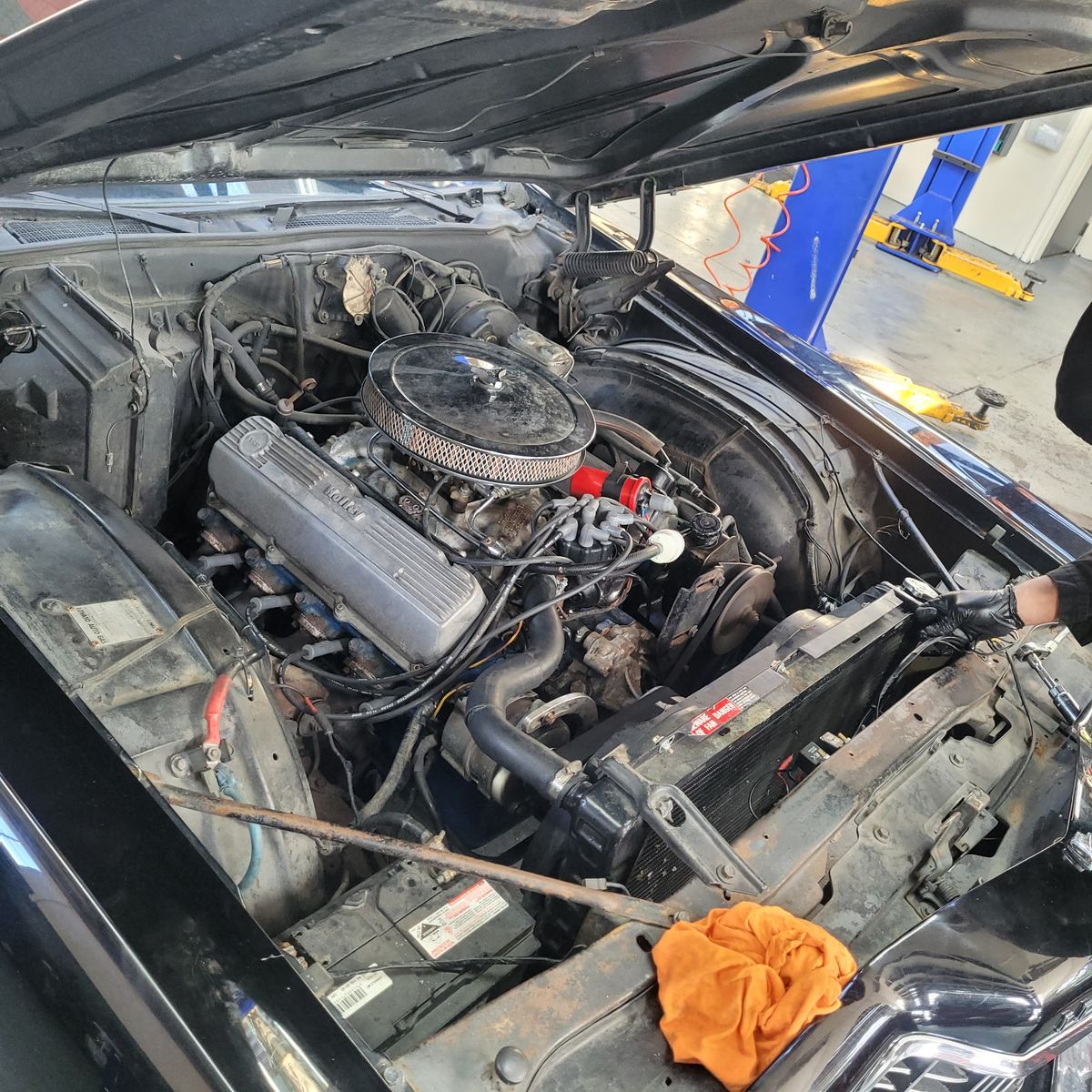Right, here’s the thing — cars make all sorts of weird noises, and half the time, it’s your engine giving you a heads up before something gets more serious (or expensive). Over the years at Grimmer Motors, we’ve heard it all, from a Toyota Estima buzzing down Wairere Drive to a Suzuki Swift rattling its way in from Morrinsville. So, let’s have a yarn about four of the most common engine noises we see in Hamilton — and what you can do about them.
Squealing Noise in the Engine Bay
If you’re heading down Te Rapa Road and suddenly hear a squealing coming out from under the bonnet, that’s usually your serpentine belt getting a bit tired — seen heaps of this on Hyundais and even the odd Volvo XC70. That belt powers up essentials like your alternator and power steering, so when it’s cracked, glazed, or looking a bit ropey, it’s best not to ignore it. Give it a visual check: any fraying or shiny spots, it’s time for a new one. A quick replacement can save you from being broken down outside The Base waiting for a tow. Keeping your belts in good knick is a biggie for preventing bigger dramas and expensive fixes. Want more easy car care tips? Have a squiz at this article.
Knocking or Thumping Sound Under the Hood
Now and then, someone will swing in from Cambridge complaining of a knocking noise, especially in stop-start city traffic or slogging up the Dinsdale hills. Most times, that’s your engine oil running a bit low or past its best — had a late-model Nissan Tiida in the other day doing just that. When the oil gets too thin, parts start knocking because they’re not cushioned like they should be, and that’s not good for your engine long-term. Pop your bonnet, pull out the dipstick, and if the level looks low or the oil’s black, top it up or get it changed. Keeping your oil sweet will sort the knocking and give your engine a new lease on life. Handy to know if your engine needs more TLC? Head to this page.
Clicking or Tapping Noise
Heard a clicking or tapping, especially when your car’s warming up on those chilly Hamilton mornings? That’s a classic for stuff like worn or sticky lifters — pretty common in Audis and Mazdas, to be honest. Your lifters help open and close the valves, and when they’re not happy, you’ll get that tap-tap-tap until things heat up. Best plan? Book in so one of our techs can check them over and see if they just need an adjustment or replacing. Regular oil changes can slow this down heaps, by the way! If this sounds like your morning commute, check out some solutions here or have a look at our local fix-up stories here.
Hissing Noise From the Engine
Just last week, we had a Honda Odyssey roll in from Rototuna with a hissing noise under the bonnet. Usually, that’s a coolant leak — not something you want to ignore in Hamilton, especially with our hot, dry summers and then winter fogs where cooling’s even more important. Hissing often means coolant is escaping from a hose, radiator, or maybe the reservoir. Have a look around for any damp patches or sweet smells which means coolant, not coffee! If you spot leaks or bits looking worse for wear, get them swapped out before you end up overheating and stuck waiting for a mechanic on State Highway 3. For more on spotting leaks, check out this cooling system advice or get Hamilton-specific know-how here.
Final thoughts
Look, engine noises can be annoying, but they’re your car’s way of telling you something’s up. Jump on these early and you’ll avoid massive bills and break-downs on the way to work. If you’re ever in doubt, swing past Grimmer Motors in Hamilton for a yarn and we’ll help you out. We’re here for:
-
Real deal engine diagnostics
-
Repairs and regular service for all brands and models
-
Down-to-earth advice from folks who actually care
Noticed a weird noise lately? Or just keen for a quick check-up? Book in below or give us a bell. We’ll get you sorted so you can cruise back out past Avalon Drive or down to Te Awamutu without a worry.

